Ecosystems
-
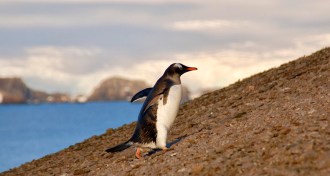 Ecosystems
EcosystemsVolcanic eruptions nearly snuffed out Gentoo penguin colony
Penguin poop dumps data on how a Gentoo colony responded to ancient volcanic eruptions.
-
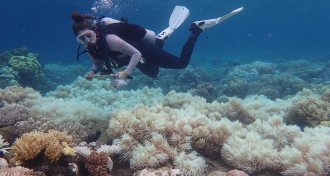 Climate
ClimateThe Great Barrier Reef is experiencing a major coral bleaching event right now
A second coral bleaching event has struck the Great Barrier Reef in 12 months, new observations reveal, raising concerns about the natural wonder’s future.
-
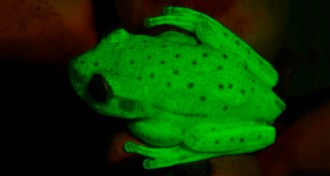 Animals
AnimalsFirst fluorescent frogs might see each others’ glow
A polka dot frog, the first known fluorescent amphibian, may get a visibility boost in twilight and moonlight.
By Susan Milius -
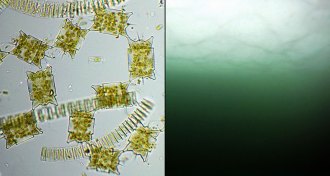 Oceans
OceansThinning ice creates undersea Arctic greenhouses
Arctic sea ice thinned by climate change increasingly produces conditions favorable for phytoplankton blooms in the waters below, new research suggests.
-
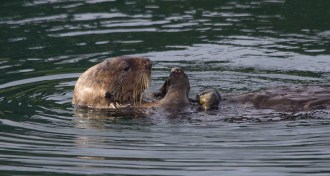 Animals
AnimalsTool use in sea otters doesn’t run in the family
A genetic study suggests that tool-use behavior isn’t hereditary in sea otters, and that only some animals need to use tools due to the type of food available in their ecosystem.
-
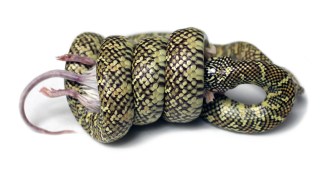 Ecosystems
EcosystemsA king snake’s strength is in its squeeze
King snakes feast on other, larger snakes, perhaps thanks to superior constricting abilities, new research suggests.
-
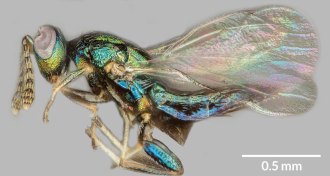 Animals
AnimalsHow one enslaving wasp eats through another
A wasp that forces oaks to grow a gall gets tricked into digging an escape tunnel for its killers.
By Susan Milius -
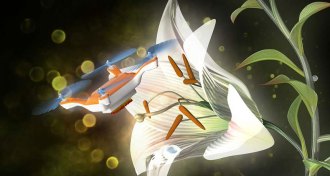 Agriculture
AgricultureFleets of drones could pollinate future crops
Chemist Eijiro Miyako turned a lab failure into a way to rethink artificial pollination.
-
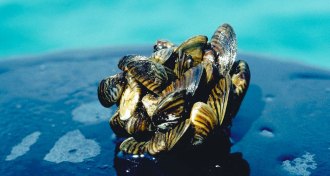 Ecosystems
EcosystemsInvasive species, climate change threaten Great Lakes
In The Death and Life of the Great Lakes, a journalist chronicles the lakes’ downward spiral and slow revival.
-
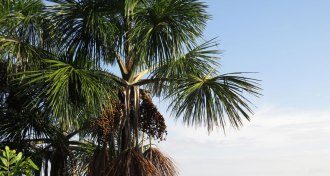 Ecosystems
EcosystemsIf you think the Amazon jungle is completely wild, think again
Ancient Amazonians partly or fully domesticated fruit and nut trees that still dominate some forests.
By Bruce Bower -
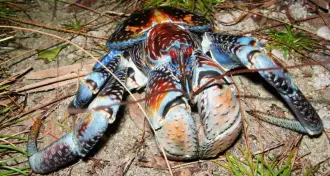 Animals
AnimalsCoconut crab pinches like a lion, eats like a dumpster diver
Coconut crabs use their surprisingly powerful claw for more than cracking coconuts.
By Susan Milius -
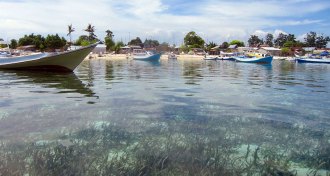 Ecosystems
EcosystemsSeagrasses boost ecosystem health by fighting bad bacteria
Seagrasses might reduce bacteria levels in ocean water.